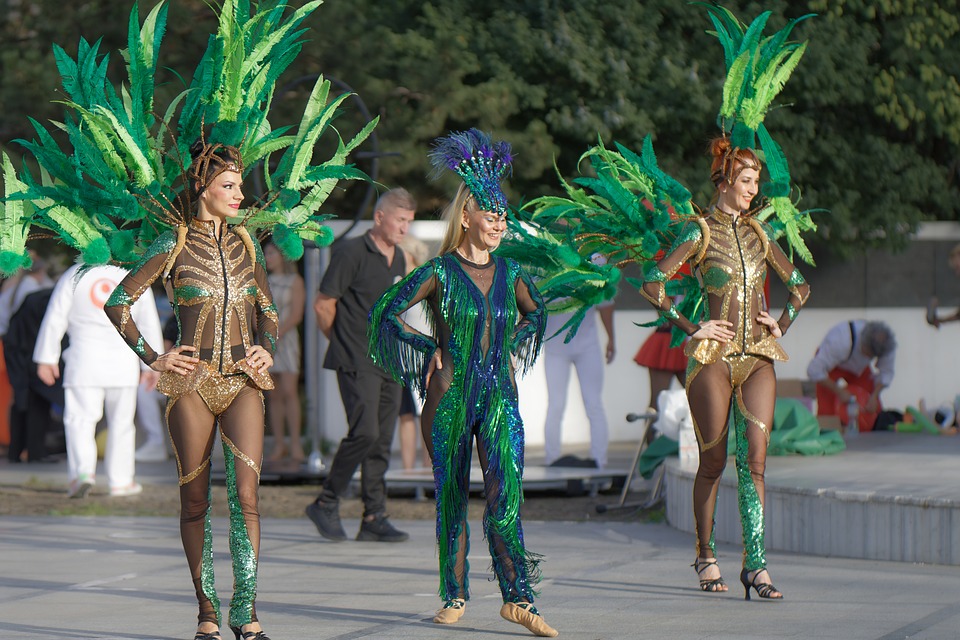Living Without Gods: A Look at the Lives of the Godless
Introduction
For centuries, religion has played a central role in the lives of people all over the world. But what about those who choose to live without gods? In this article, we will explore the lives of atheists, agnostics, and secular humanists and examine how they navigate the world without the guiding hand of a higher power.
Defining the Godless
When we talk about living without gods, we are referring to individuals who do not believe in the existence of gods or deities. This includes atheists, who actively deny the existence of gods, agnostics, who believe that the existence of gods is unknowable, and secular humanists, who prioritize rational thought and humanist values over supernatural beliefs.
Challenges and Benefits
Living without gods comes with its own set of challenges and benefits. On the one hand, atheists and agnostics may face discrimination and ostracization in societies where religious beliefs are deeply ingrained. On the other hand, they may find a sense of liberation and empowerment in taking control of their own lives and beliefs.
The Importance of community
One of the biggest challenges for the godless is finding a sense of community and belonging. Religious communities often provide a strong social support system for their members, but atheists and agnostics may struggle to find like-minded individuals to connect with. This has led to the rise of secular humanist groups and organizations that provide a sense of community for those living without gods.
Philosophical Perspectives
Living without gods also opens up a world of philosophical inquiry and exploration. Atheists and agnostics often grapple with questions about the nature of existence, morality, and the meaning of life without the comforting framework of religious beliefs. Some find solace in the idea of humanism, which emphasizes the importance of reason, ethics, and compassion in shaping a meaningful life.
Conclusion
Living without gods is a choice that requires courage, introspection, and a willingness to challenge traditional beliefs. Atheists, agnostics, and secular humanists may face unique challenges, but they also enjoy the freedom to define their own values and beliefs without the constraints of religious dogma. Ultimately, the godless are united by their shared commitment to reason, ethics, and the pursuit of a meaningful life.
FAQs
Q: Are atheists and agnostics the same thing?
A: No, atheists actively deny the existence of gods, while agnostics believe that the existence of gods is unknowable.
Q: Do atheists and agnostics believe in anything?
A: Atheists and agnostics may hold a variety of beliefs, but they do not believe in the existence of gods or deities.
Q: Is there a sense of community for the godless?
A: Yes, there are secular humanist groups and organizations that provide a sense of community for atheists, agnostics, and secular humanists.
Discover more from System Ent Corp
Subscribe to get the latest posts sent to your email.

